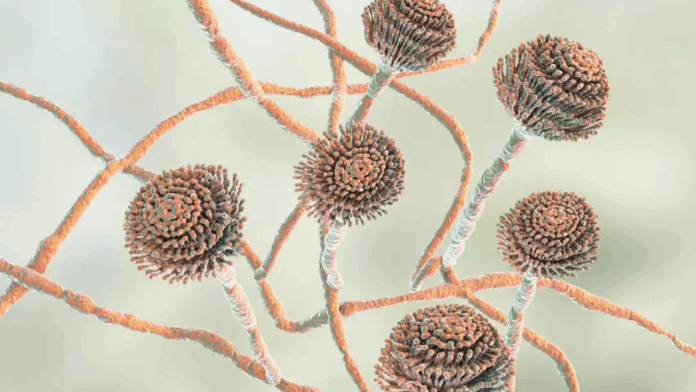Who would have imagined that the world would bow to the COVID-19 pandemic in 2020—a global health crisis that many of us thought would never end?
Now, scientists warn of yet another looming threat that could pose as our new enemy: fungi.
As the planet continues to experience climate change, certain deadly fungi – already responsible for millions of infections each year – are likely to expand into new regions.
Here’s the catch: the world remains unprepared for the danger.
Fungi, which include molds, yeasts, and mushrooms, are neither plants, animals, nor bacteria. While they play an important role in the environment by breaking down dead organic matter and recycling nutrients, some fungi species are deadly when inhaled.
CNN reported that researchers from Manchester University have mapped the possible future spread of Aspergillus, a widespread group of fungi that can lead to aspergillosis, a potentially deadly lung disease.
Their findings, which are currently under peer review, also discovered that some Aspergillus species may spread into new territories across North America, Europe, China, and Russia.
Aspergillus fungi are commonly found in soil all over the globe and release vast quantities of microscopic spores that travel through the air. Inhaling these spores poses no threat to healthy individuals, as their immune system will most likely eliminate them without causing any complications.
However, risks are significantly higher for those with lung conditions such as asthma, cystic fibrosis, and chronic obstructive pulmonary disease (COPD), those with weakened immune systems – cancer and organ transplant patients – and people recovering from severe flu or COVID-19.
Should this happen, the spores can cause aspergillosis, a lung infection that “basically kind of eats you from the inside out.”
“Fungi are relatively under-researched compared to viruses and parasites, but these maps show that fungal pathogens will likely impact most areas of the world in the future,” said Norman van Rijn, a co-author of the study and a researcher specializing in climate change and infectious diseases at the University of Manchester.
Pop culture has also piqued the interest of the public in this new fungal threat. HBO’s The Last of Us, a post-apocalyptic series based on the popular video game, tells of a world where mutated fungus turns humans into violent creatures. While it is fictional, the premise behind The Last of Us is based on scientific facts, with Van Rijn hoping that it will bring greater awareness to real-life outcomes this infection will bring should there be an outbreak.



